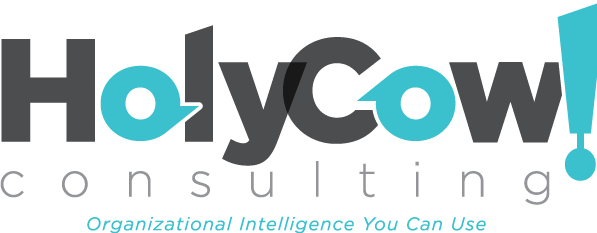We often receive calls from Regional Associations who are looking for ways to have comprehensive pastoral coaching programs. The Effective Coaching Handbook, developed by the Executive Coaching Forum (http://www.executivecoachingforum.com/), begins with this observation:
“Executive Coaching has become commonplace in leadership development in the U.S. and internationally. It is seen as a viable lever in developing high potentials, retaining top talent, readying executives for more demanding roles, and building a leadership pipeline. Organizations that use coaching report that they’ll likely increase its use in the coming years.”
For us the question is where does Organizational Intelligence (OI)* fit into pastoral coaching? One of the critical issues for effective coaching identified by the Handbook is how to address the organizational context -citing that “[a]lthough the primary work is between executive and coach, coaching is always an organizational intervention and, as such, should be conducted within the context of the organization’s goals and objectives.”
In order to effectively coach pastors in their work, we have to be able to identify the organizational context. And that is the work of OI.
What are some ways that OI might can significantly enhance pastoral coaching?
First, OI helps address issues of fit. Poor organizational performance may have more to do with a lack of fit between the gifts and motivations of the pastor to the church than with the abilities or work ethic of the pastor. In some cases, coaching may help a person move on to a better fit. In other cases, a thoughtful shift in the pastor’s responsibilities can improve satisfaction on both sides.
Second, OI provides clarity about the organizational starting point. Armed with this knowledge, coaching can work with the pastor to develop steps that are measured, realistic, and “incarnational”, that is, beginning where people are.
Third, OI discloses deep seated cultural values that are unlikely to change quickly. This enables the coach to focus on approaches that are consonant with the culture in the short term. Where long term cultural changes are envisioned, coaching can work to develop an intentional change management strategy that will minimize the risk of catastrophic conflict.
Fourth, OI identifies sources of energy within the congregation. Those sources of energy can be used by the coach to align the development of the pastor’s goals to those of the church
Finally, OI helps differentiate issues within a particular church culture from those of the pastor. This provides the empirical data that can support coaching efforts to encourage the professional development of the pastor that would otherwise be hard to pinpoint if it is not clear where the congregational culture ends and the growth edges needed from the pastor begins.
With these insights from OI, pastoral coaching has a clear way to begin the work of helping the pastor as they take their next steps in leadership.
*If you have any questions on how to use the Congregation Assessment Tool™ (CAT), the Pulse™, or Focal Points™ in pastoral coaching, we would be happy to help.
Holy Cow! Consulting, office@holycowconsulting.com
Organizational Intelligence you can use.
